
These 4 research papers were developed in collaboration with and funded by the Agence française de développement (AFD) between 2016 and 2019 under a joint research programme with Data-Pop Alliance and research partners titled “Strengthening the evidence-base for leveraging Big Data to address global development challenges”.
The starting point was the realization, in 2016, that ‘we’ still had little hard academic evidence on Big Data’s potential to understand and address some of the world’s most pressing societal challenges—violence, vulnerability, inequality, mobility, among others. Even today, in 2019, it is difficult to identify one “killer case” that unambiguously and powerfully demonstrates how computation analysis of ‘our’ data—of these little digital breadcrumbs we leave behind—can shed light on and improve human processes and outcomes, in other words, our lives.
For those of us, development researchers, practitioners and ‘experts’, who argue that analyzing these data can and should be undertaken with appropriate safeguards and systems, it was and remains critical to present evidence supporting our claims— especially given concerns over privacy, widening power imbalances and human rights violations—and to provide pointers on how to mitigate those risks. In turn, these papers and projects are opportunities to improve, facilitate and strengthen our research practices and partnerships to both reflect and promote key determinants of sustainable development, including smoother, fairer and safer access to data, and tighter links between analysts, local decision-makers and communities.
We designed this research program and papers with a couple of different objectives and criteria in mind. First, we wanted to focus on various development challenges in different local contexts, to ensure relevance. Second, we sought to work with trusted partners, so as to ensure academic quality and data security. After considering many options and combinations, we decided to go analyze the following subjects:
- Climate resilience and flood vulnerability in Senegal (Paper 1: “Socio-physical Vulnerability to Flooding in Senegal”), led by Cloud to Street.
- Urban crime dynamics in Colombia (Paper 2: “Characterizing and analyzing urban dynamics in Bogota“), with researchers from Fondazione Bruno Kessler (FBK) in Trento.
- Migration in Senegal and Namibia (Paper 3: “Understanding the Relationship between Short and Long Term Mobility“), with Flowminder Foundation.
- Gender impacts of crime in Mexico (Paper 4:”Large-Scale Mapping of Citizens’ Behavioral Disruption in the Face of Urban Crime Shocks“), with researchers from MIT Media Lab.
Individually, these papers show specific cases and examples of how computational analysis of behavioral data, combined with other datasets, can paint a finer-grained, more complex and dynamic picture of human reality than ‘traditional’ data allows. They also state limitations and call for prudence when attempting to draw system-wide conclusions or design policies on the basis of their findings—including because of potential flaws and biases in traditional data used to train some of their models. Collectively, the papers sketch the contours of a world where public decisions, in the form of policies and programs, may someday be designed, implemented and evaluated using the best available data and approaches, so as to ground them more firmly in facts than is currently the case.
For DPA, additional projects, papers and partnerships have followed directly and indirectly from this research programme, building on their results and lessons. In Mexico, we are developing research partnerships and activities with Oxfam Mexico (“DataMex”), UNODC and different private data providers such as Banorte, focusing on inequality and criminality. In Colombia, we have been implementing since 2017 a major project funded by The InterAmerican Development Bank (IDB) called “Ciudata Segura” with 6 city governments, that aims to expand and deepen the analysis conducted in our initial Bogota-study—through qualitative analysis and interviews. In Senegal, DPA has been a co-founder of the Open Algorithms (OPAL) project since 2017, funded primarily by AFD, which seeks to develop technological systems and governance standards to allow sensitive data such as call-detail records to be accessed and analyzed in a safer, more ethical and more sustainable manner than has been the case so far—including, it has to be noted, for these 4 papers.
In the next few months and years, we will strive to contribute further to the strengthening and ‘structuring’ around appropriate technological and governance standards of this (still) nascent field of research and practice called “Big Data (and increasingly AI) for social good” through our 3 pillars: research, data literacy and strategic support, to address real-world development challenges in local contexts. We hope these papers spur interests, questions, ideas, among their readers.
* The development and coordination of these papers involved core staff members of Data-Pop Alliance in New York City, Cambridge, Bogota and Mexico City.
Please feel free to reach out to us at research@datapopalliance.org with any comment or inquiry.

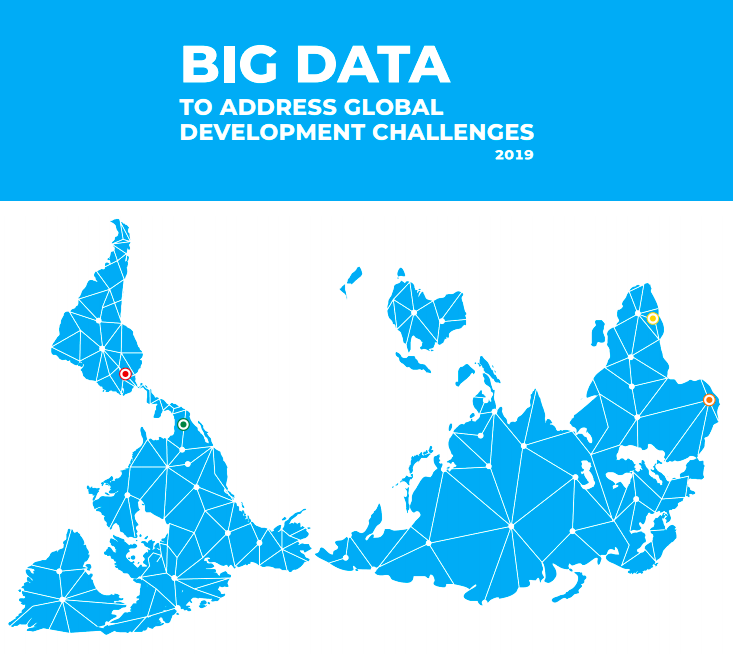
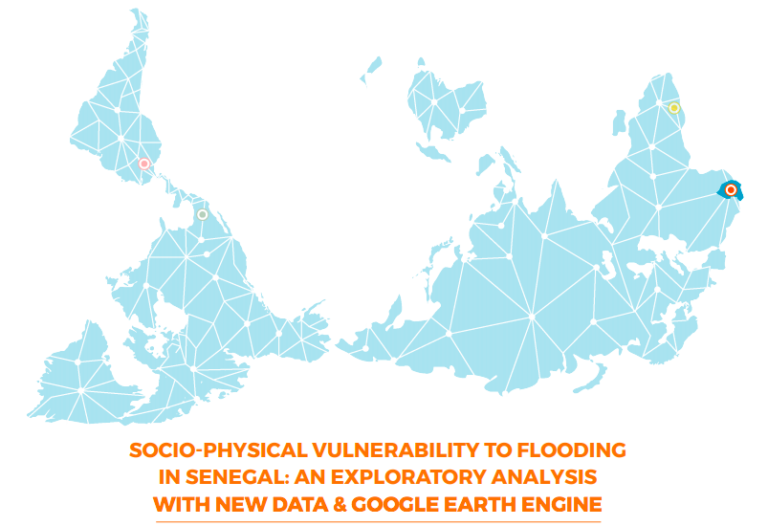
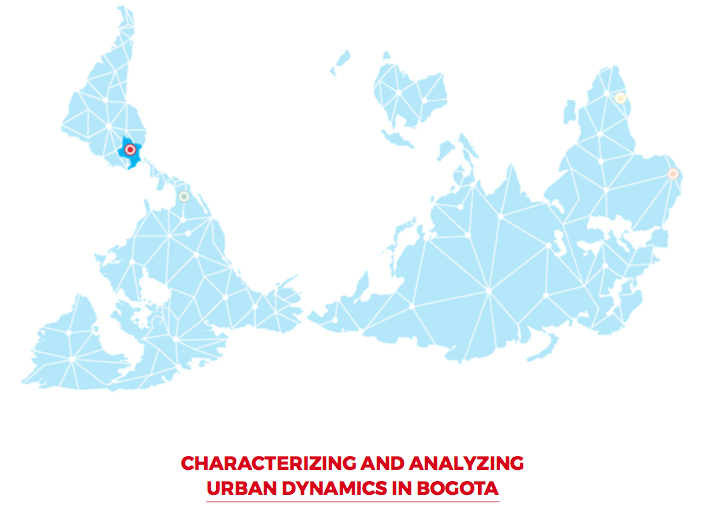
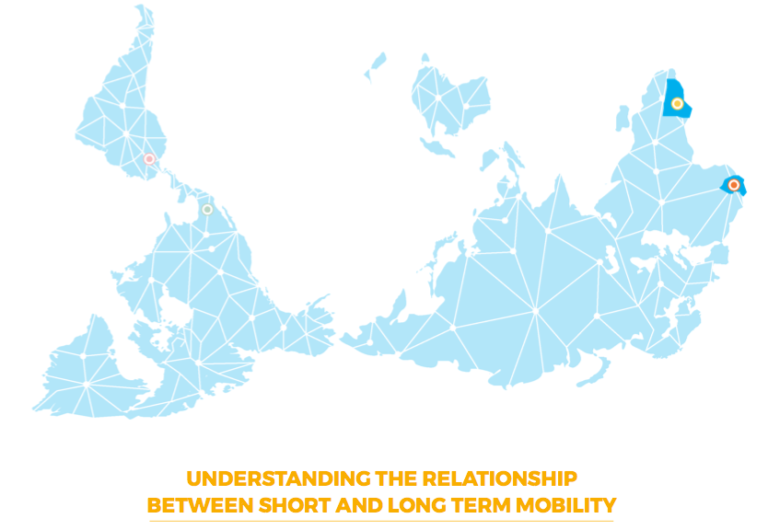
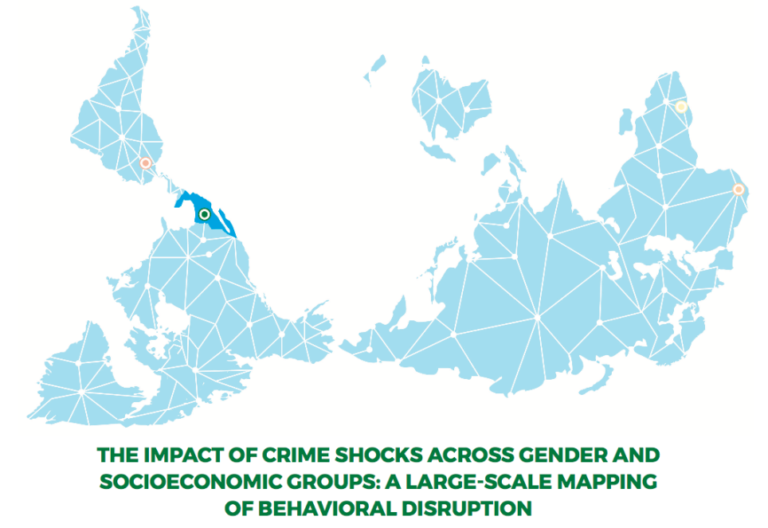

![M002 - Feature Blog Post [WEB]](https://datapopalliance.org/wp-content/uploads/2025/10/M002-Feature-Blog-Post-WEB.png)





